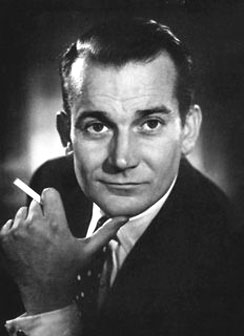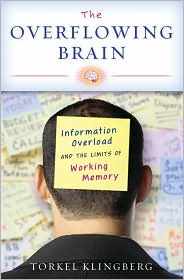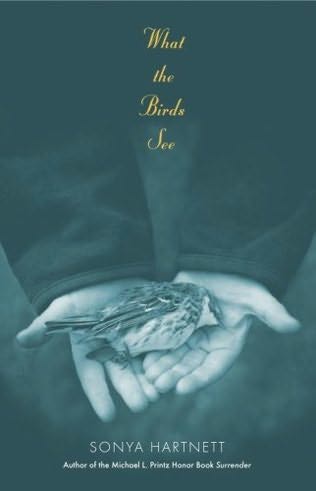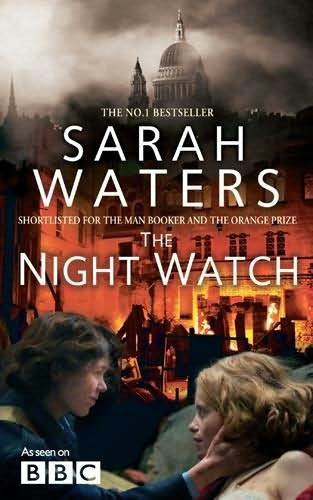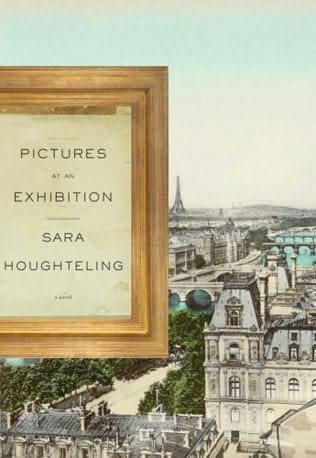 I had read nearly all of Iris Murdoch's novels but, could never seem to get past page 20 of The Nice and the Good. I had tried three times. So when Cornflower Book Group proposed it as this month's read, I took it as the perfect excuse to try one more time to get through it. Last night, I succeeded in finishing it. As usual, Murdoch has created a broad cast of memorable and flawed characters whose fate it is to be hopelessly intertwined. Ducane, a civil servant, has been charged with the task of uncovering the reason's for a fellow employee's mysterious suicide. As it becomes clearer who did what to whom, Ducane must decide what action he is going to take to hold the guilty parties responsible. But as he does he is, at the same time, involved himself in some activities of questionable good sense, if not morality, and this forces his reflection on the intentions and actions of ordinary people who do extraordinary things in the name of the recognizable motivators of ambition, greed, and desire. The characters range from young through old, wealthy and hard up for cash, hedonist and ascetic, ruling class and serving, Holocaust survivor and high class prostitute, jaded and blinded by young love.
I had read nearly all of Iris Murdoch's novels but, could never seem to get past page 20 of The Nice and the Good. I had tried three times. So when Cornflower Book Group proposed it as this month's read, I took it as the perfect excuse to try one more time to get through it. Last night, I succeeded in finishing it. As usual, Murdoch has created a broad cast of memorable and flawed characters whose fate it is to be hopelessly intertwined. Ducane, a civil servant, has been charged with the task of uncovering the reason's for a fellow employee's mysterious suicide. As it becomes clearer who did what to whom, Ducane must decide what action he is going to take to hold the guilty parties responsible. But as he does he is, at the same time, involved himself in some activities of questionable good sense, if not morality, and this forces his reflection on the intentions and actions of ordinary people who do extraordinary things in the name of the recognizable motivators of ambition, greed, and desire. The characters range from young through old, wealthy and hard up for cash, hedonist and ascetic, ruling class and serving, Holocaust survivor and high class prostitute, jaded and blinded by young love.Usually in a Murdoch novel, I find that the characters and their stories are so compelling that they subsume the book's higher ideas (because each of her books has them). One does traffic with the philosophical or moral questions she asks but one hardly notices. In The Nice and the Good she is not quite so successful at integrating the two, that or she intended for this novel to wear its theme on its sleeve, but I think not. Round about p 196, things began to pick up for me, interestingly just as the characters stopped thinking and began sleeping with people whom convention would tell them they probably shouldn't. Even as one character delivered the message:
And suppose that you had found what you were looking for, my dear child? Would you not have been led on from jealousy through deceit into cruelty? Human frailty forms a system, Jessica, and faults in the past have their endlessly spreading network of results. We are not good people, Jessica, and we shall always be involved in that great network, you and I. All we can do is constantly to notice when we begin to act badly, to check ourselves, to go back, to coax our weakness and inspire our strength, to call upon the names of virtues of which we know perhpas only the names. We are not good people, and the best we can hope for is to be gentle, to forgive each other and to forgive the past, to be forgiven ourselves and to accept this forgiveness, and to return again to the beautiful unexpected strangeness of the world. Isn't it, Jessica my child?This scene is heated, touching and ultimately hilarious and from this point, the novel really picks up. Suddenly we know all of the characters intimately, because Murdoch has set up their backstory, woven a greatly complex inner life for each of them on which we get to eavesdrop, established their interrelationships and now we get the payoff. Only, in most of her novels she manages to do this while being entertaining. Here I really found myself trudging through the set-up. But I found that the scene excerpted above, Ducane's subsequent being drawn in to a web of kinky vices and blackmail, and especially a killer of a scene in which Ducane and Pierce, one of the novel's younger characters, are drawn into a life-threatening situation which I won't ruin by writing about it here, really were worth trudging through.
Love, death, truth, and responsibility for our actions, that's the book in a nutshell. As one character observes:
Truth stares. Time moves. But the butterfly kissing goes on, the lips just brushing, the long shining bodies juxtaposed with almost awkward tenderness, not quite embracing. How like Richard it all is, she thought, so intellectual, so sensual.Ultimately I was glad that I stuck it out. Intellectual and sensual - exactly - and with an extraordinarily tense payoff scene.
My other posts on this book are here, here, and here.


